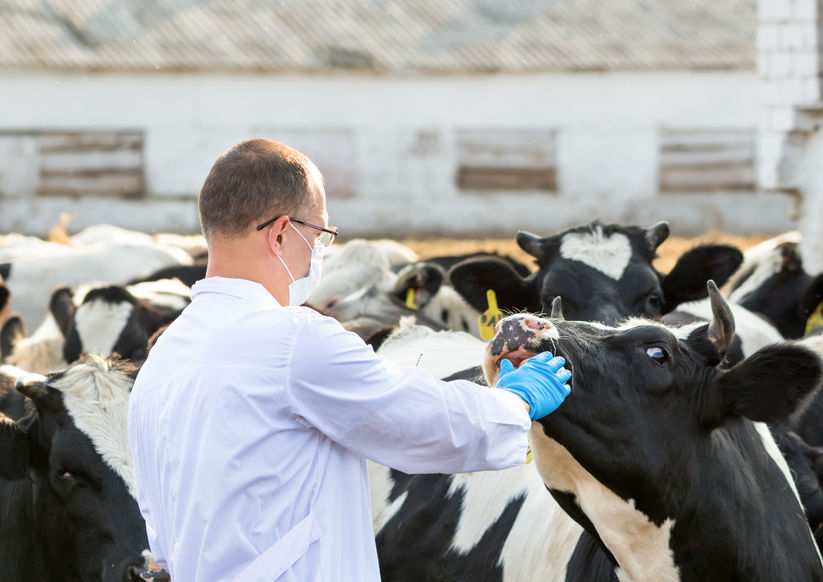
The import of animal medicines will be prioritised in the event of a 'no-deal' Brexit, the government has confirmed.
The government has secured additional freight capacity to relieve potential pressure on the Dover straits and help ensure that critical goods continue to enter the UK.
All veterinary medicines authorised under the Veterinary Medicines Regulation 2013 have been listed as 'critical goods for government-secured
freight capacity'.
The government’s priority remains leaving the EU with a deal, but departments continue to carry out contingency planning in case of a 'no deal' outcome.
Contracts have been secured with Brittany Ferries and DFDS to run ferries into and out of Poole, Portsmouth, Plymouth, Immingham and Felixstowe.
The use of this freight capacity has been agreed by ministers across government, recognising that it supports contingency planning across a number of departments.
The farming and veterinary industries have been concerned that there could be interruptions to the supply chain of drug supplies used in veterinary hospitals and other vets if the UK leaves the EU without a trade deal.
RSPCA chief veterinary officer, Caroline Allen said: “We believe the government’s decision to add veterinary medicines to the ‘critical goods’ list of items considered essential for the preservation of human and animal welfare is a small step in the right direction to mitigate the negative effects a no-deal Brexit could have on animal welfare.”
However, she said: “Any shortage [in vets] will greatly impact on animal welfare especially in the slaughter of farm animals.”
“It’s important that welfare, rather than economics, is put first and that the medicines apply to all types of animals, both large and small.”
